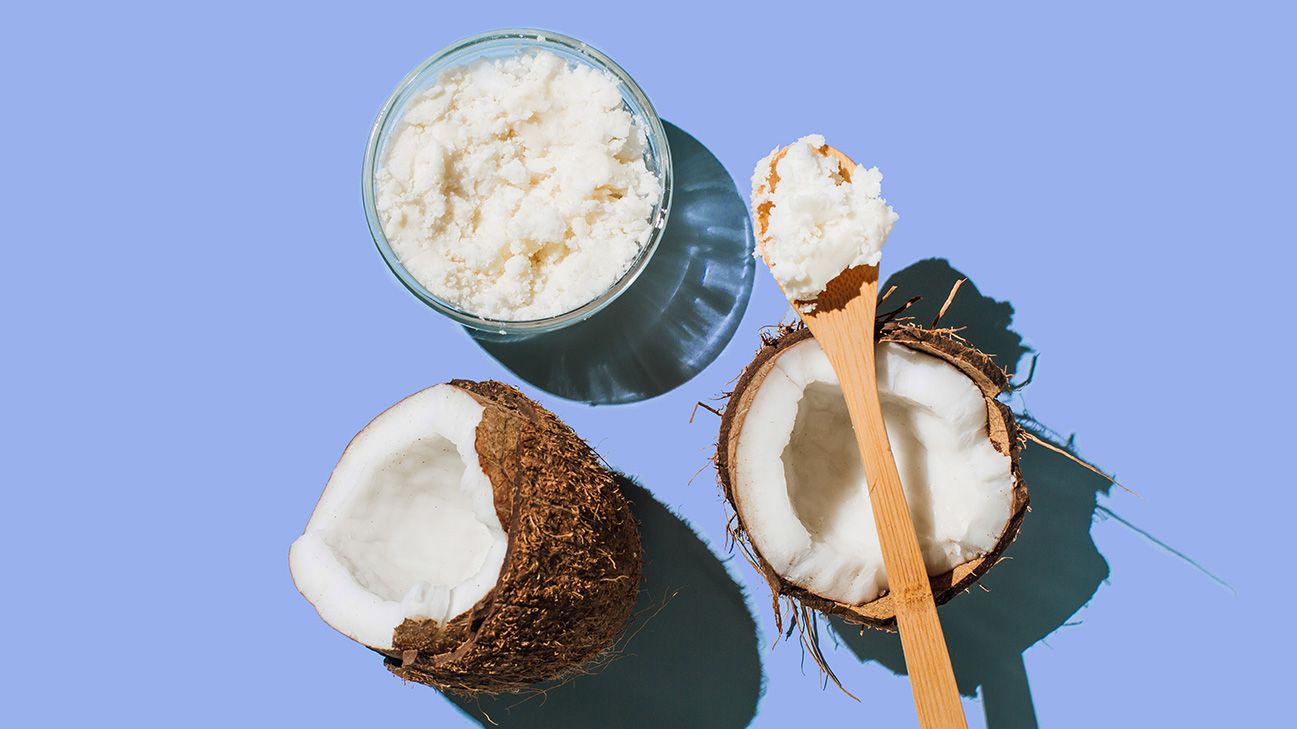Lubricant reduces friction, making sex more comfortable and enjoyable. If you don’t have any, there are some safe alternatives.
Lubricant is the secret sauce that turns a good time into an unforgettable one.
Water and silicone-based lubes are versatile and condom-safe. However, steer clear of oil-based lubes when using anything latex. If you’re in a, ahem, tight spot, you could even grab plain yogurt or aloe vera!
Ready to kick your bedroom game up a notch? Continue reading as we look at lubes, safe alternatives, and what to avoid.

Lubes come in a dazzling array of formulations, colors, and flavors. And while variety is the spice of life, remember that not all lubes are created equal. It’s essential to find the right partner in crime. So, let’s take a closer look at the primary players in this slippery game.
Water-based lubricants
Water-based lubes are the Swiss Army knife of the lubricant world — they play well with condoms and sex toys, making them a popular choice. Cleanup is a breeze, so you won’t have to worry about post-pleasure laundry sessions. Plus, they’re generally gentle on sensitive skin, ensuring a comfy experience.
That said, for those marathon sessions, you might need to reapply, and some folks may find they feel sticky compared to other lubes.
Silicone-based lubricants
Ah, the marathon runners of lubricants! Silicone-based lubes are incredibly slippery, making them the go-to choice for extended play that keeps the passion flowing.
They’re not shy about getting wet either — perfect for steamy shower and bath encounters. Plus, they’ve got your back if you have sensitive skin, thanks to their hypoallergenic nature.
But, although safe with condoms and latex, these lubes don’t play nicely with silicone-based sex toys. And while silicone-based lubes are long-lasting, they can be tricky to remove when it’s cleanup time.
Oil-based lubricants
Oil-based lubricants may contain synthetic or natural oils like coconut, almond, or sunflower seed oil. These lubes provide a wonderfully smooth glide that lasts, optimizing those intimate moments of pleasure.
That said, they don’t see eye-to-eye with latex condoms, gloves, or diaphragms. They can be a bit of a party pooper, weakening the latex and reducing its effectiveness. Plus, they can get a tad messy and potentially leave their mark on your fave sheets.
Light on the lube? No problem. Here are some handy alternatives you may have at home:
- Olive oil. A kitchen staple that can double as a natural lubricant for added slip and slide in the heat of the moment. Just remember, it’s not compatible with latex.
- Virgin coconut oil. Need a delightfully smooth glide that also tastes great? Reach for the coconut oil. Again, steer clear of latex if you choose this option.
- Aloe vera. Known for its soothing, moisturizing properties, aloe vera gel can offer gentle lubrication. Just look out for added ingredients that could irritate.
- Plain yogurt. Perhaps not the most obvious choice, but it could work! It’s cheap and cheerful, and peeps say it does the job.
PSA: External factors like lubricants can put your vaginal health at risk, leading to vaginitis. Also, to avoid complications, check with your partner about any allergies before using certain lubes. Stay informed and prioritize your well-being!
Even though you can find suitable lube alternatives at home, there are some options you should absolutely avoid. Here’s a rundown:
- Petroleum jelly. Vaseline and similar products can play havoc with latex condoms, reducing their effectiveness and perhaps leaving you with an unplanned surprise! Also, according to a 2013 study, using Vaseline as lube could increase your risk of developing bacterial vaginosis.
- Soap or shampoo. Using these bathroom staples as makeshift lubes can throw off your natural pH balance, potentially causing irritation and discomfort.
- Whipped cream or butter. While it may sound fun, introducing food into the mix can be problematic. Traces of dairy products could go rancid and trigger infections in your delicate areas, which doesn’t exactly scream fun time.
- Baby oil. This mineral oil can spell trouble with latex condoms, increasing the risk of breakage and making sex more stressful than you bargained for. Additionally, a 2016 study found a link between using baby oil as lube and higher rectal infection rates in men who have sex with men.
In the quest for the ideal lubricant, remember that it’s a journey of self-discovery that might involve some trial and error. Embrace the adventure and have some fun along the way!
However, never compromise on safety. Avoid anything that could pose health concerns, especially regarding latex compatibility. The right lube is out there, waiting to enhance your intimate moments, so explore, experiment, and enjoy.

